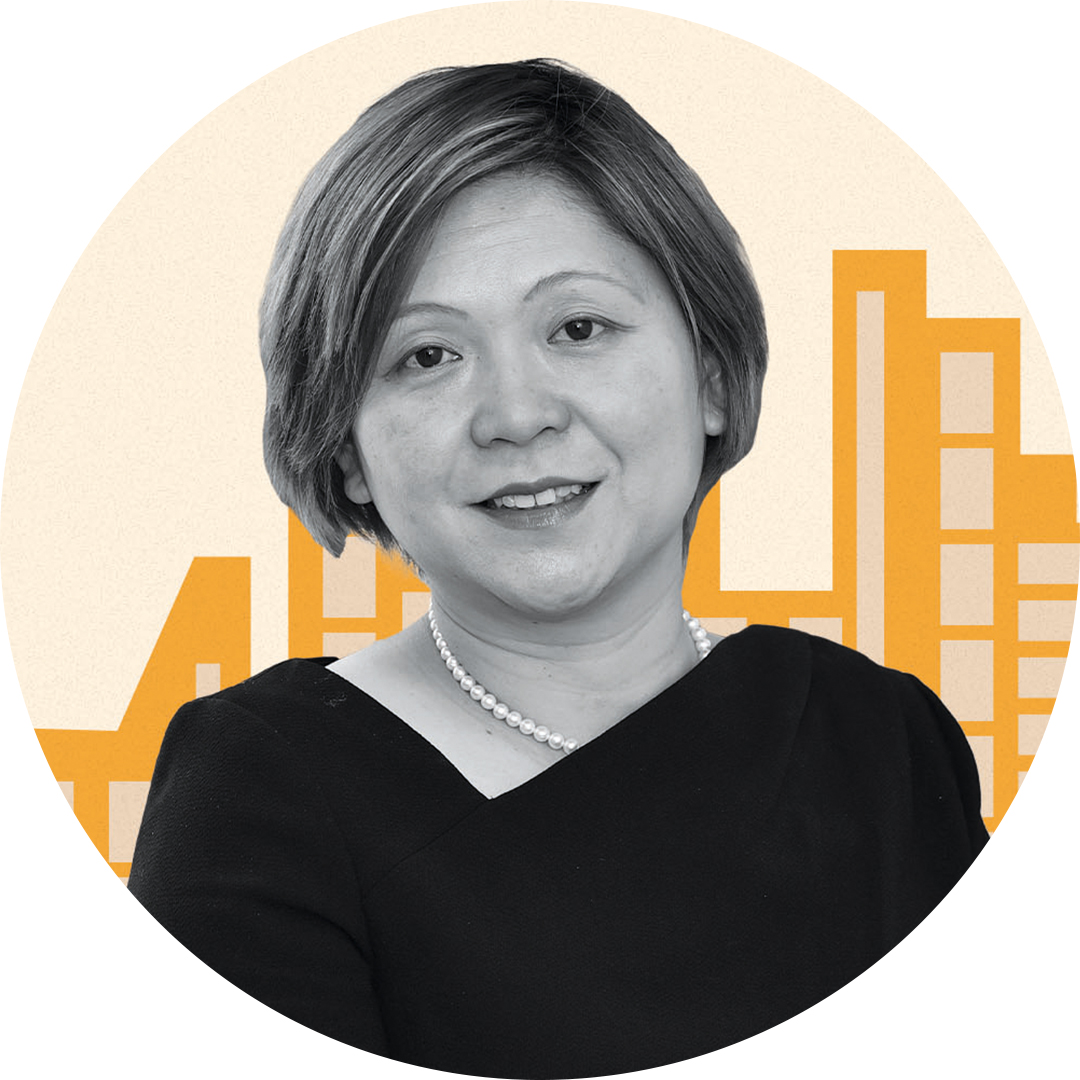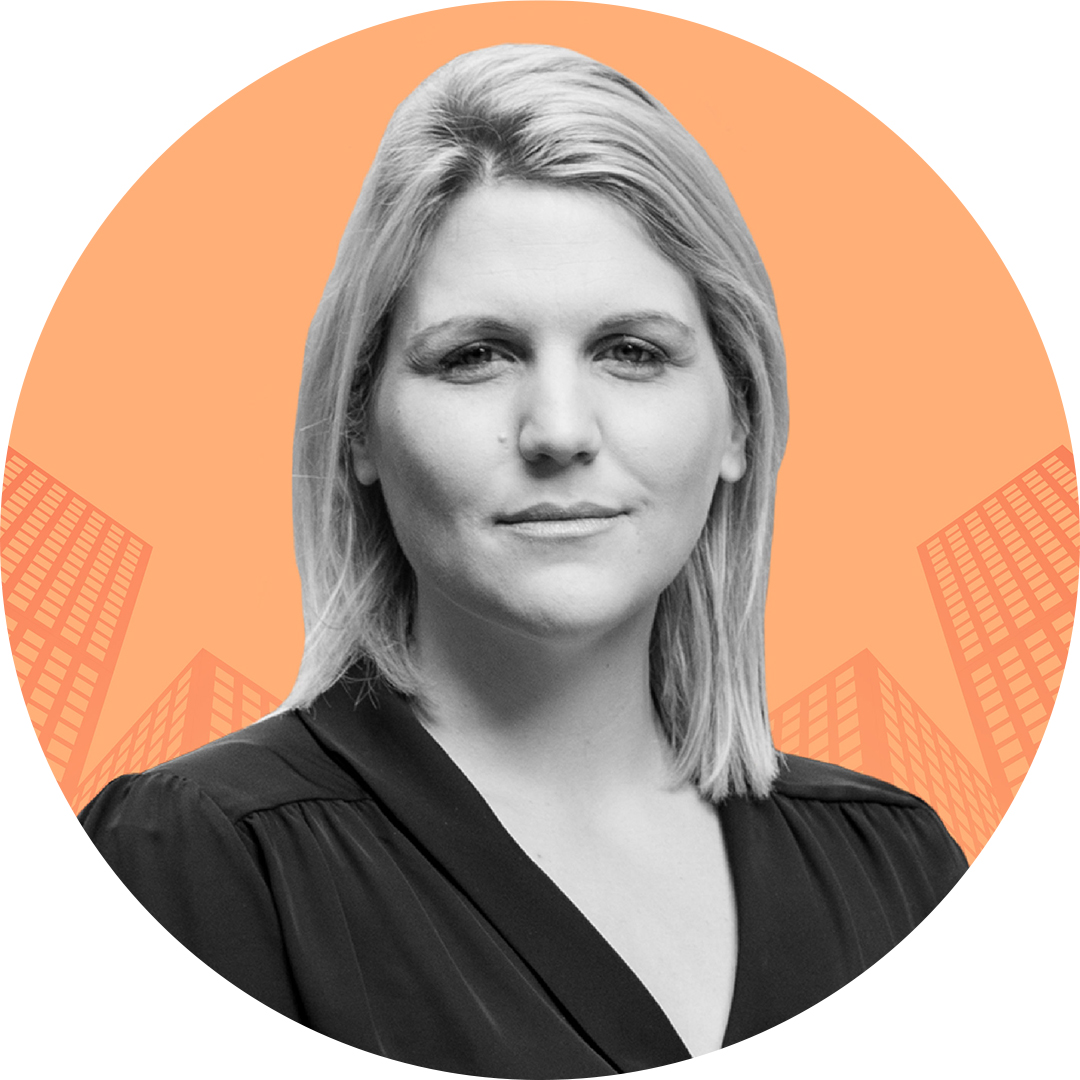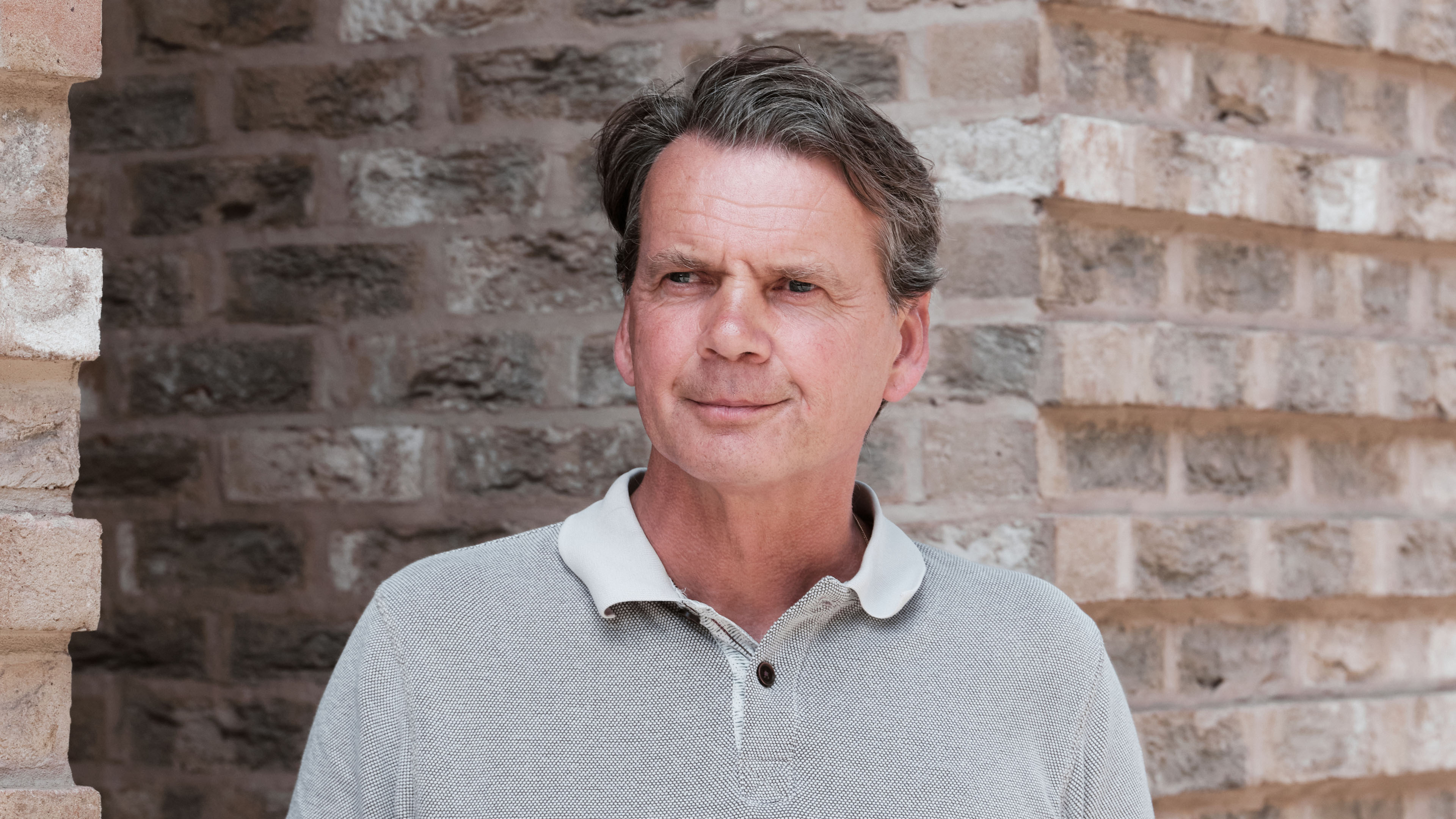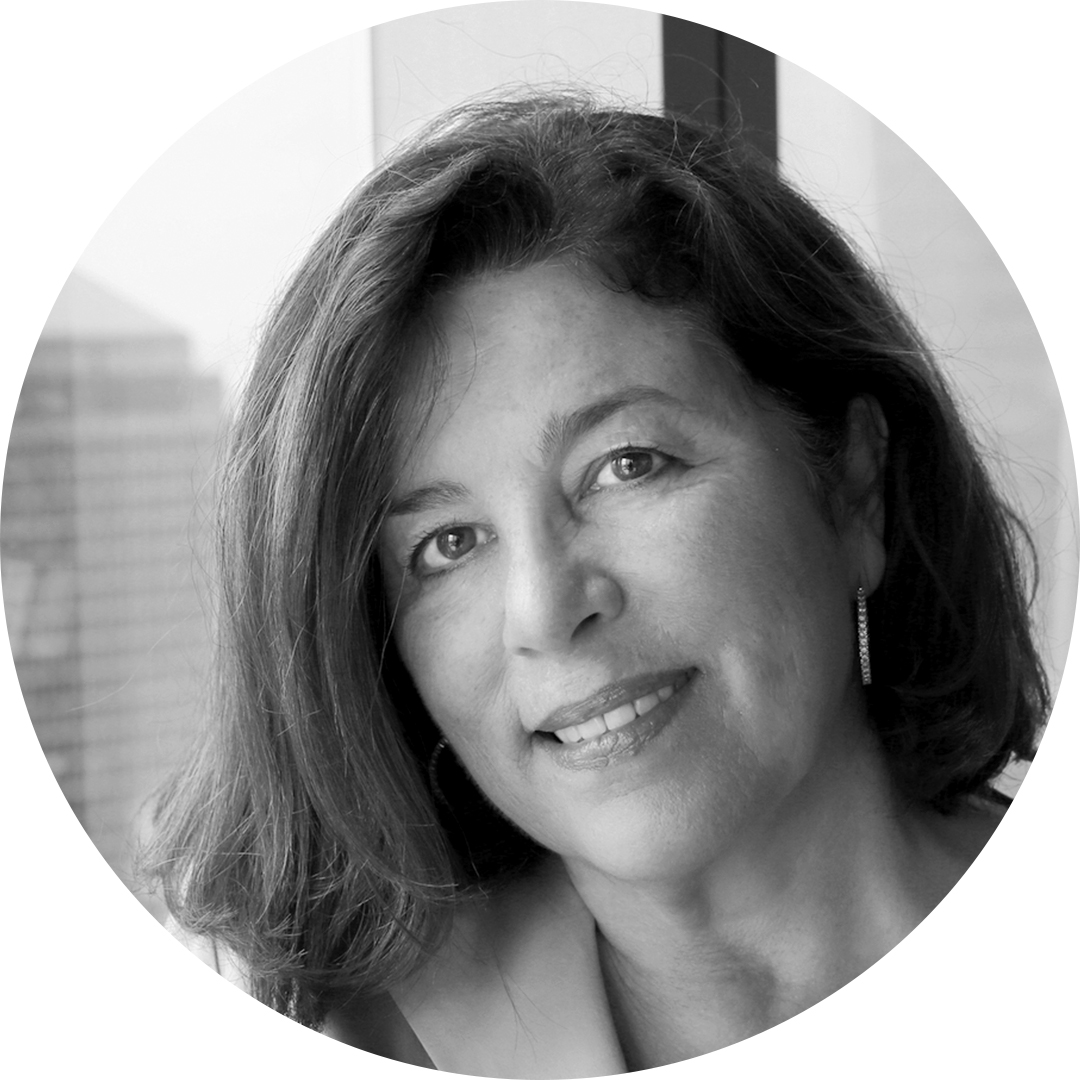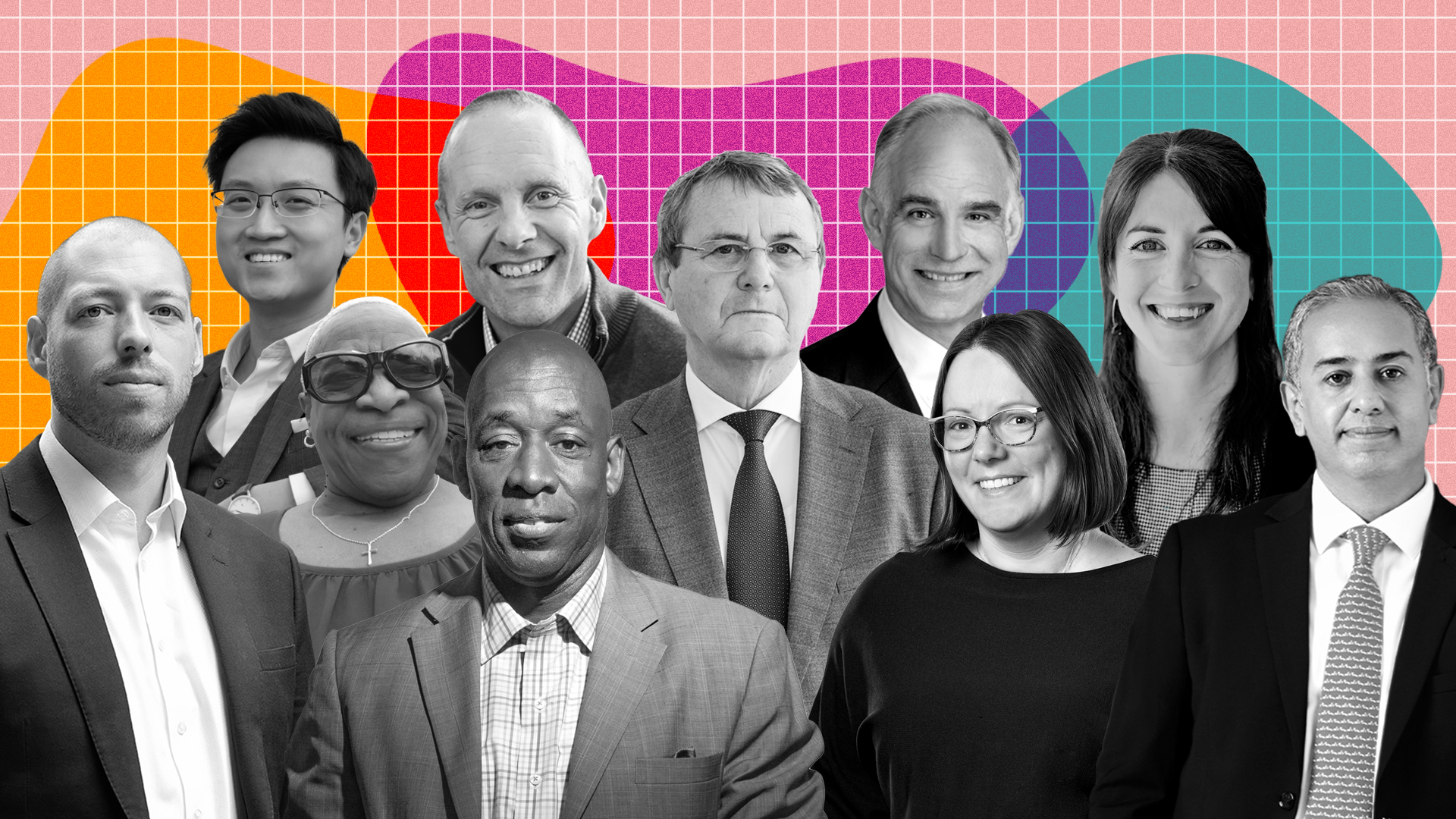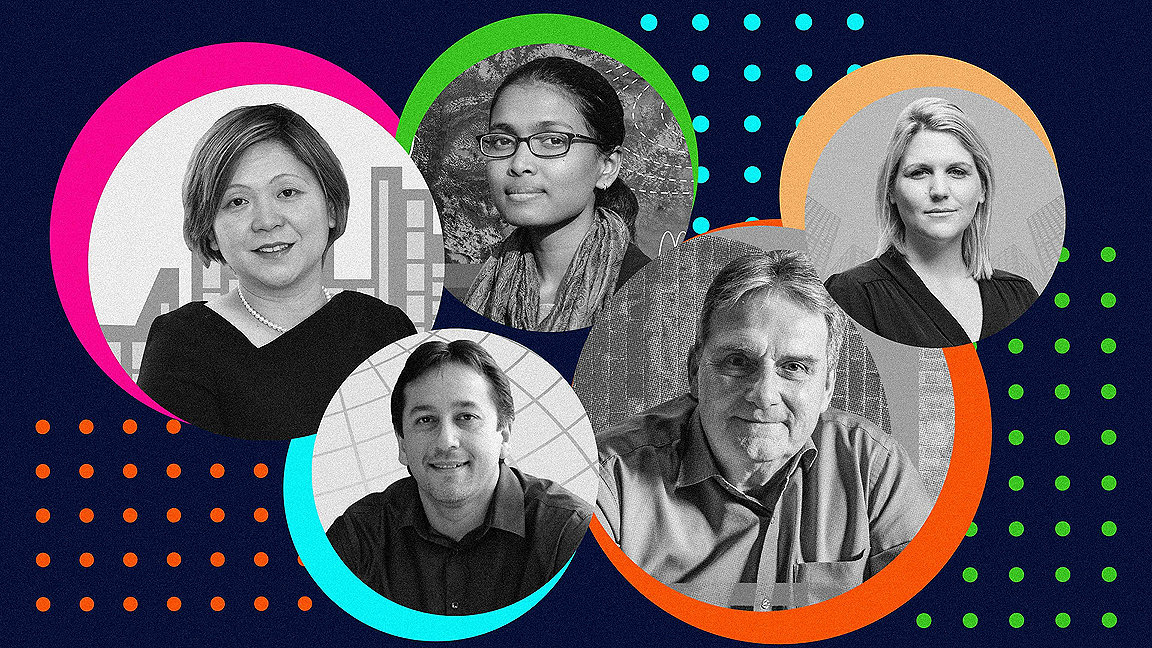
The people shaping our built environment
From the Grenfell tragedy to protecting buildings from tropical storms, Modus chose to profile some incredible stories and shine the spotlight on radical thinkers. Here is a selection of the most popular and thought-provoking interviews from 2022.
Karen Ching MRICS
Having worked on the London Olympics and England’s COVID response, Karen Ching MRICS is not frightened of a challenge. We spoke to her about success, sexism and diversity in the sector.
“I worked very hard and produced great results for clients, but I really struggled to get promoted. I was performing at 100% but only selling myself 60%. I was in my 40s before I realised that being great at your job isn’t enough.”
Mike Parrett FRICS
A self-described building pathologist, Mike Parrett FRICS has dedicated his career to understanding the age-old scourge of damp. He has advised on council houses in south London to St Mark’s Basilica in Venice – and never once recommended a damp-proof injection.
“What building surveyors are very good at is identifying the symptoms [of damp], but not the underlying cause and source of the problem. Where their survey stops, mine starts.”
RICS Young Surveyors
Recognised as the up-and-coming talent in the industry, these four young surveyors shared their views on the industry and what attracted them to it in our first podcasts.
“Construction always drew me in because it’s one of the few industries that we get to see progress in a physical form on a daily basis – from a vision in your client’s head to how the building is utilised by its end user.” Javaad Khalil
Laura Collins MRICS
Used to being the only woman in the room, Laura Collins MRICS is trying to make the construction sector more attractive to female recruits – how will she think industry pathways can open up?
“We live in a bubble in the construction industry. You go on LinkedIn, Instagram or Twitter, and everyone's posting this great EDI stuff. But outside the bubble, a lot of people don't know about it. If they've had any experience with construction, it's usually a domestic builder.”
Sam Olbekson
In our sixth podcast, architect and citizen of the White Earth Nation of Minnesota Ojibwe, Sam Olbekson discusses his specialism, the architectural needs of the many indigenous communities of North America.
“Sustainability and regenerative design is such an important component. [Tribes’] sustenance depended on land and how they treated it is so important. The relationship with that land is so intricately combined with cultural practices, it’s inseparable.”
Ed Daffarn
Five years after the fire that tore through a London tower block taking 72 lives, ex-resident Ed Daffarn explains what it was like to be trapped in the building – and how he would like the tragedy to shape public housing policy.
“Part of the problem of social housing is the culture within that sector. [The landlord] wanted to label us troublemakers but we weren’t and there were other people like us up and down the country who raised concerns about the environment they were living in. Instead of being respected and treated properly by the landlord, they target you and that’s so wrong.”
Judith Dupré
Judith Dupré has devoted a book to her passion for bridges and wants the rest of us to recognise their unique beauty and appreciate how life-transforming they can be.
“Foot bridges are absolutely critical to [developing] communities in ways that most of us can barely wrap our minds around. But they're saving people's lives. They're allowing children to go to school, they're allowing people to bring their products to market. There is an economic and social force that these bridges have.”
Rohini Sampoornam Swaminathan
Having grown up in the cyclone-belt of southern India, Rohini Sampoornam Swaminathan is using modern technology and community engagement to model their paths and build resilience.
“I realised how useless the maps from my agency were. Participatory mapping made a huge difference for first responders. When you’re seeing from the outside you don’t get the full picture. Those personal experiences influenced how I think about my work.”
Ali Sims AssocRICS and Julia Cheshire MRICS
COVID was still shaping our world in 2022 – in this podcast, two US industry experts, Ali Sims AssocRICS and Julia Cheshire MRICS discuss the consequences of the post-pandemic recovery.
“The main impact on my work is the volatility and uncertainty. Building costs have increased dramatically. There’s been material supply prices that are only held for 24 hours in some cases, seven days at most.” Julia Cheshire

